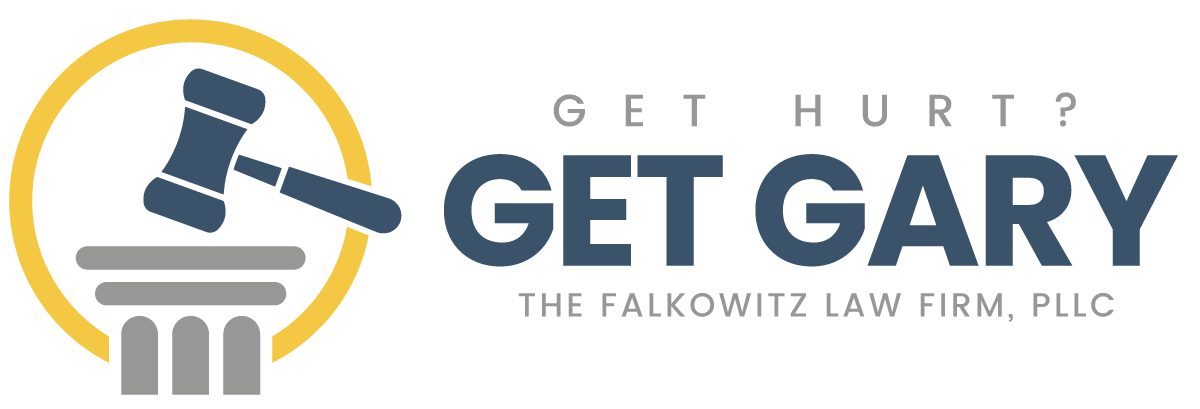Driving while under the influence of drugs or alcohol is no small matter in New York. If you or a loved one has fallen victim to a driver who made the mistake of getting behind the wheel after drinking or using mind-altering drugs, the consequences to you may last for weeks, months, or years. Having a New York City Car Accident attorney who ensures the same is true for the impaired driver can be just the thing you need to move forward.
Car Accident Laws in New York State
Individuals who choose to drive while incapacitated knowingly put themselves and others at risk. It is well-known that the following are both dangerous and illegal:
- DWI: Driving with a Blood Alcohol Content (BAC) of .08 or higher, or other indications of intoxication. The level for commercial drivers is .04.
- DW: Aggravated driving while intoxicated, with a BAC of .18 or more.
- DWA/Alcohol: Driving while ability impaired, or with a BAC ranging from .05-.07.
- DWAI:/Drug Driving while ability impaired by a substance other than alcohol.
- DWAI/Combination: Driving while under the influence of both drugs and alcohol.
- Zero Tolerance Law: Driving while under the legal age to drink (21) with a BAC of .02-.07.
Real Consequences to New York City Victims
The costs to victims of impaired driving go well beyond finances. Consider the following incidents that have occurred in New York in recent times:
- Six individuals were displaced after their home was rammed into by a drunken driver in Staten Island;
- One young man was killed and three others injured when an off duty police officer struck the group of pedestrians on a sidewalk in Brooklyn. The driver’s BAC was nearly three times the legal limit.
- A fireman who was returning from the funeral of a former colleague in Brooklyn careened into a pedestrian. He was then charged with DWI.
Impaired Driving Statistics in New York
Without a doubt, impaired driving is a significant problem across the nation. The numbers tell a sobering story:
- Nearly 30 fatalities occur daily involving alcohol-impaired drivers;
- Almost half a billion dollars is spent on the aftermath of collisions related to impaired driving every year;
- Almost one-third of fatalities in this country are related to drunk driving, and another 16 percent of crashes are a result of drug-impaired drivers;
- 17 percent of children who are killed in traffic incidents are victims of impaired driving;
- Over a million arrests for impaired driving occur annually across the nation; and
- Marijuana use is connected to accidents, with users roughly 25 percent more likely to experience a traffic incident than non-users.
Drugged Driving is Dangerous
There are myths that marijuana is not a dangerous drug. While it may not lead to death like heroin, cocaine, and opioids, it can lead to impairment. In fact, marijuana users are more likely to be involved in a car crash than drivers who do not use the drug. Studies show that cognitive functions and motor skills are negatively affected by marijuana use. Marijuana users also experience difficulty concentrating and multitasking, which are important skills for drivers.
Opioid use while driving is also dangerous. Opioid users experience impaired judgment as well as drowsiness. The risk of being involved in a car accident is doubled for opioid users.
New York Laws
In New York, a person can be charged with driving while ability impaired (DWAI) if they engage in drugged driving. A person must actually be impaired by the drugs in order to be arrested. Presence of drugs in one’s system is not enough for an arrest.
Under New York law, impairment is defined as the inability to operate a vehicle as a “reasonable and prudent” driver. It is possible to be charged with drugged driving without actually driving. A person can be arrested simply by starting the engine of the car. The car does not have to be in motion in order for police to make an arrest.
As a result, impairment can be subjective. Unlike alcohol, there is no instrument or process to gauge one’s levels of intoxication. If a police officer sees a driver run a stop sign, drive recklessly, or slur their words, that could be enough to justify an arrest and drugged driving charge. Law enforcement may also order a driver to submit to urine, blood, or saliva testing, and drivers must consent under the law.
Driving Responsibly in New York
Assigning a designated driver is a time-honored strategy to avoid the trauma of an impaired driving incident. More recently, the use of ride shares has minimized the perceived need to risk getting behind the wheel when a driver is under the influence of mind-altering substances. Unfortunately, far too many drivers fail to make responsible decisions. If you or a loved one has suffered the consequences of such poor thinking, the aggressive team at the Falkowitz Law Firm in Garden City can help. Get Gary working for you by calling 844-GET-GARY today.






